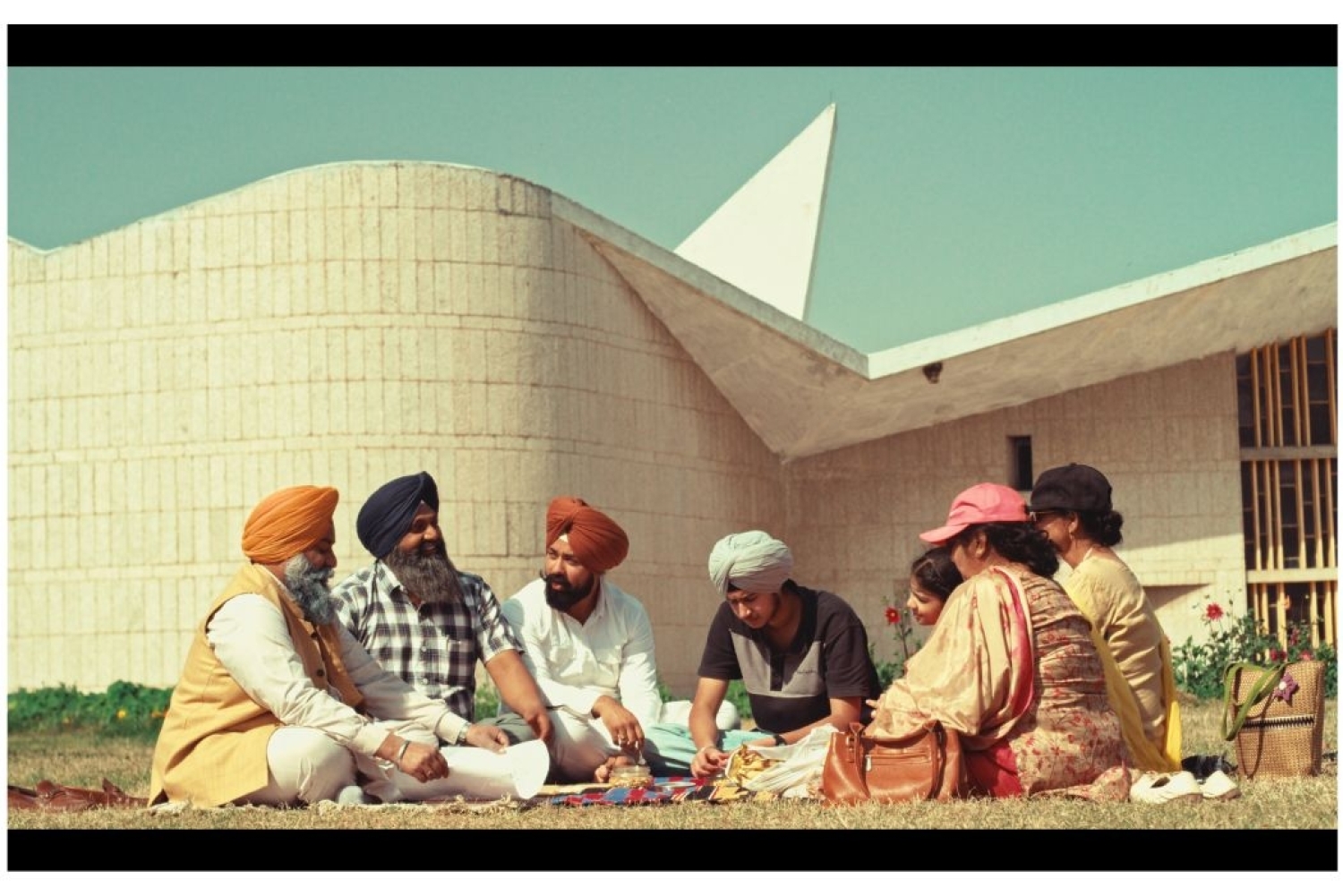

When Ankur Singla made an abrupt transition from tech entrepreneur to filmmaker during the global pause of the pandemic, he was driven less by calculation and more by an existential shrug—’If the world was going to end, how did it matter anyway?’ Yet from this moment of uncertainty emerged Ghich Pich, a deeply personal and nostalgically textured debut feature playing in theatres right now. Raised in a middle-class family in Chandigarh and shaped by annual pilgrimages to Punjab, Ankur’s early life seemed almost unremarkable, ordinary, until he began exploring its nuances through the art of cinema.
Fuelled by years of mainstream Bollywood and elevated by a later infatuation with world cinema in law school, Ankur’s cinematic sensibility bears the imprint of both mass entertainment and thoughtful aesthetic inquiry. After successfully exiting the startup world, his foray into filmmaking coincided with the introspection of lockdown life, a time that sparked creativity from vivid memories and the longing to encapsulate the everyday in evocative frames. With Ghich Pich, Ankur sonically reconstructs the Chandigarh of the 1990s, not just as a setting, but as a lived experience intimately woven with family, nostalgia, and the tender intricacies of father-son relationships. He deconstructs it further for Platform below.
Writes and Re-writes
I started writing Ghich Pich during Covid, memories flooded back vividly and I didn’t think I could remember things in such detail. As I was new to screenwriting, I just wrote a script that was very anecdotal, stories of three friends and incidents in their lives. I wanted to recreate the whole world of Chandigarh with its small details and nuances. As I learnt later, mainstream filmmaking is a very harsh medium; the screenplay must flow like an arrow towards its logical (or illogical) end with little indulgence for the writer’s indulgences. Hence, a lot of the early drafts changed.
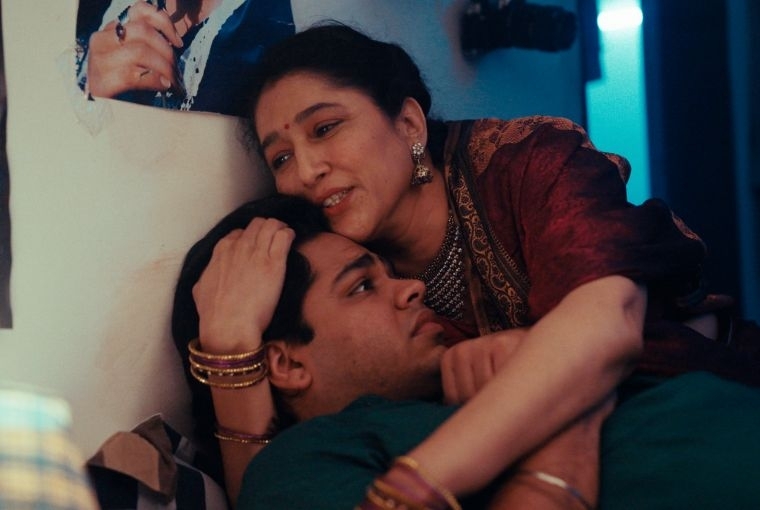
Making a Period Film
For a period film, production design is key. For exterior shots, Chandigarh was a blessing because building codes prohibit any changes to Corbusier’s plans and hence most buildings and homes from outside look exactly as they were decades ago. However, we still had to avoid modern cars, mobile towers and other anachronistic elements in all shots (simple things like a person talking on a mobile walking in the background) which was not easy. For interiors, we chose to shoot on location in occupied homes; during recces we chose homes which were big enough for a camera and crew to fit in but snug enough to recreate the middle-class homes from the 90s. In addition, each family’s home props were tailored to the characters and economic status of the families. Such attention to detail helped us create an authentic world. Finally, the colour grading also helped, we went for a rich, high contrast, film look without any sepia tint etc. so the film feels nostalgic, but not dated.
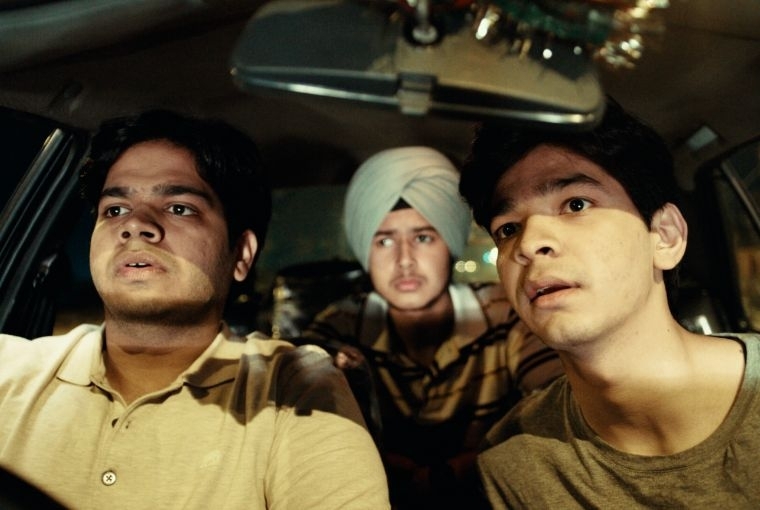
Directorial Conundrums
I heard Shakun Batra (director of Kapoor and Sons) say that the main job of the director is to maintain the tone of the film. I think that was a very good insight for me, because as a director, you gradually go from writing alone to 60 people on the set helping you execute your vision. As a first-time director, this was quite challenging. To solve this, I did extensive rehearsals to ensure that the actors struck a realistic tone while exploring the full range of emotions of their characters. We also hired an NSD alum, Saras Kumar to be an acting coach.
The other directorial challenge for to avoid flamboyance and simply tell the story. While our talented DOP, Sukhan Saar created some beautiful shots, my key mandate to him was to capture the emotion of the scene in the most direct way possible. I think we were reasonably successful in doing this.
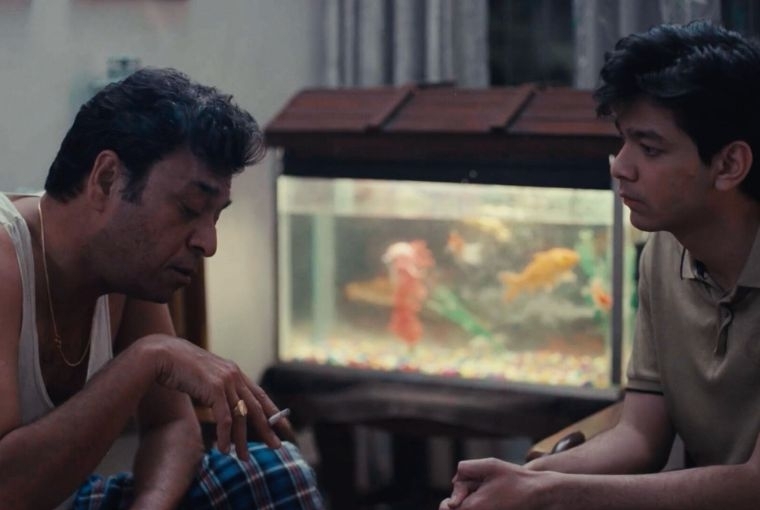
The Takeaway
The relationship between fathers and sons is perhaps one of the most meaningful relationships for both people involved, and it also extends to others in families, mothers and daughters, husbands and wives. I feel that children and parents watching the film might take away a little bit more compassion and understanding for the other.
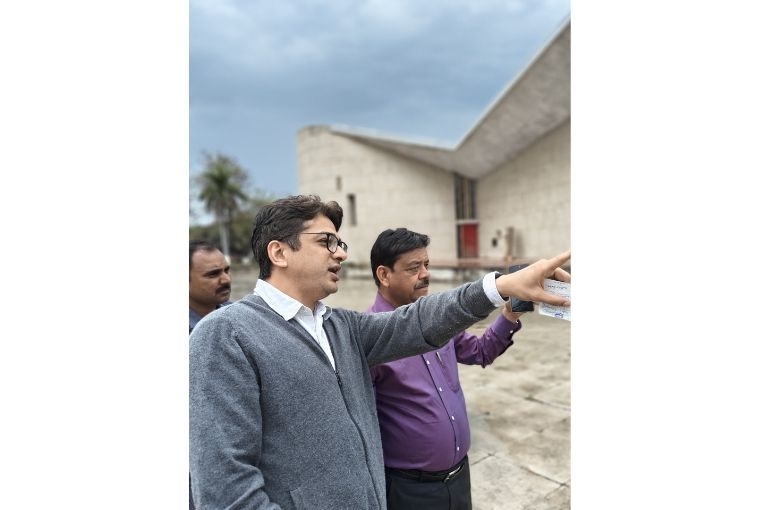
Director, Ankur Singla
Words Hansika Lohani
Date 11-8-2025